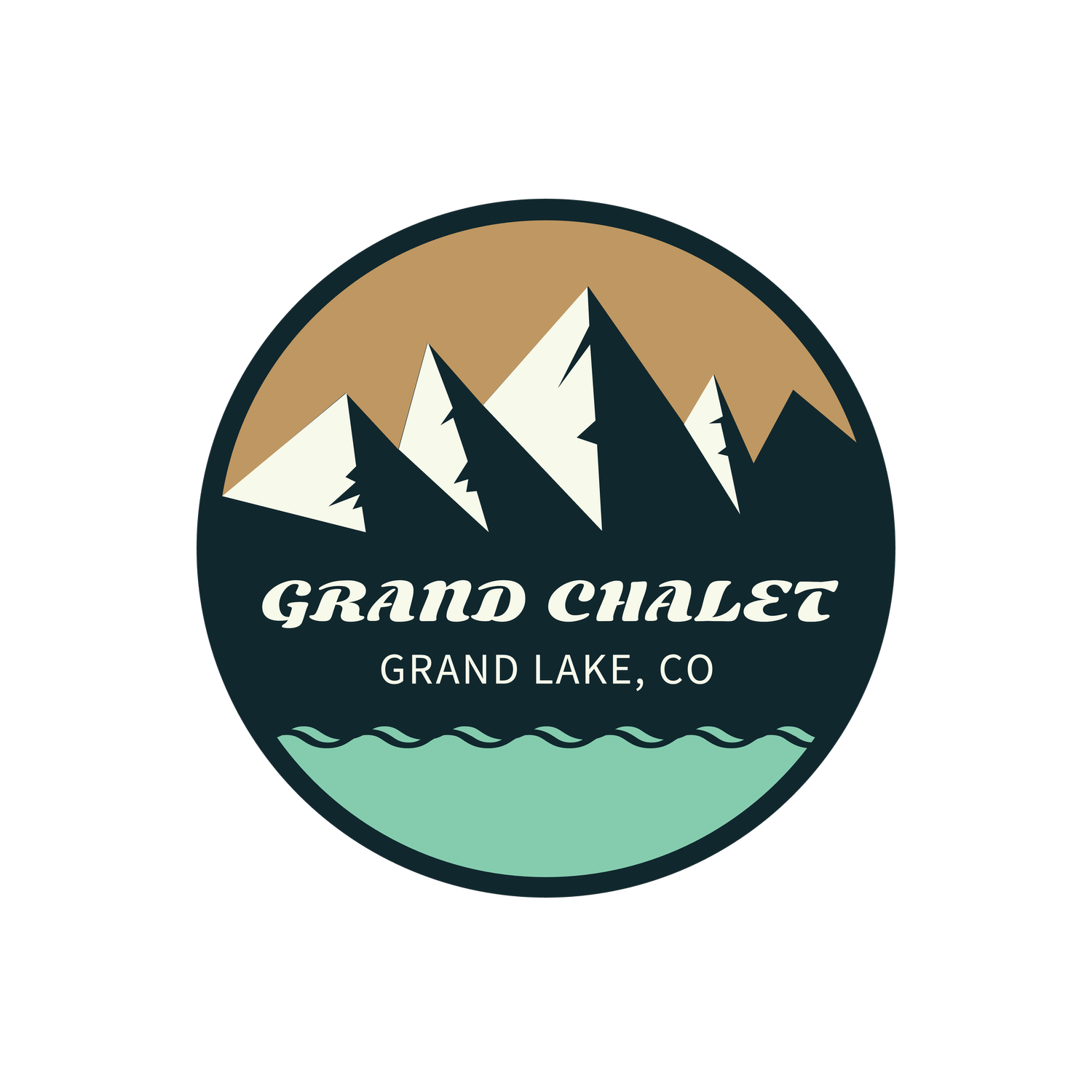What to Know When Traveling to Colorado: A Comprehensive Guide
Colorado, often dubbed the "Centennial State," is a paradise for nature lovers, adventure enthusiasts, and culture seekers alike. From the towering peaks of the Rocky Mountains to the bustling urban life in Denver, Colorado offers a little something for everyone. If you're planning a trip to this stunning state, here’s what you need to know to make the most of your experience.
1. Altitude Awareness
Colorado is famous for its high elevations, with many popular destinations sitting at over 5,000 feet above sea level. While the altitude provides breathtaking views, it can also cause altitude sickness for those not accustomed to it. Symptoms include headaches, nausea, and shortness of breath. To minimize the risk:
Hydrate: Drink plenty of water before and during your trip.
Acclimate: Spend a day or two in a lower elevation area, like Denver (5,280 feet), before heading to higher altitudes like Aspen or Breckenridge.
Take it easy: Avoid strenuous activities during the first 24 hours.
2. Weather Variability
Colorado’s weather is notoriously unpredictable. It’s not uncommon to experience all four seasons in a single day, especially in the mountains. When packing, consider:
Layering: Bring clothes that you can easily layer, including a warm jacket, a lightweight raincoat, and a hat.
Sun Protection: The sun is stronger at higher elevations, so pack sunscreen, sunglasses, and a hat.
Footwear: Comfortable, sturdy shoes are a must, especially if you plan on hiking.
3. Outdoor Activities Abound
Colorado is an outdoor enthusiast’s dream. Whether you’re visiting in summer or winter, there’s no shortage of activities:
Hiking and Camping: The state boasts over 12,000 miles of hiking trails, many of which offer stunning views. Popular spots include Rocky Mountain National Park, Maroon Bells, and Garden of the Gods.
Skiing and Snowboarding: Colorado is home to some of the best ski resorts in the world, including Vail, Aspen, and Breckenridge. Ski season typically runs from November through April.
Whitewater Rafting: For thrill-seekers, Colorado’s rivers provide excellent opportunities for whitewater rafting, particularly in the Arkansas River.
4. Legal Marijuana
Colorado was one of the first states to legalize recreational marijuana, and it's important to understand the laws if you plan on partaking:
Age Restrictions: You must be 21 or older to purchase and consume marijuana.
Public Consumption: It is illegal to consume marijuana in public spaces, including streets, parks, and federal lands like national parks.
Driving: Driving under the influence of marijuana is illegal and carries severe penalties.
5. Transportation Tips
Getting around Colorado can vary greatly depending on where you’re headed:
Car Rentals: If you’re planning on exploring the mountains or remote areas, renting a car is highly recommended. A 4WD or AWD vehicle is beneficial, especially in winter.
Public Transportation: Denver and its surrounding areas have a reliable public transportation system, including buses and light rail. However, public transport options are limited in more remote areas.
Altitude Driving: If driving in the mountains, be aware that altitude can affect your vehicle's performance. Always check your brakes and fuel levels before heading into higher elevations.
6. Wildlife Awareness
Colorado’s diverse ecosystems are home to various wildlife, including bears, mountain lions, and elk. While encounters are rare, it’s essential to be prepared:
Keep Distance: Never approach or feed wildlife.
Bear-Proofing: If camping, store food in bear-proof containers and follow local guidelines.
Safety: Know what to do in case you encounter wildlife—stay calm and slowly back away without turning your back.
7. Respecting Nature and Local Culture
Colorado's natural beauty is one of its biggest draws, and preserving it is a priority for residents and visitors alike:
Leave No Trace: Follow the principles of leaving no trace by packing out all trash, staying on designated trails, and respecting wildlife.
Cultural Etiquette: Colorado is home to a diverse population, including Native American tribes. Respect local customs and traditions, and consider visiting cultural sites like Mesa Verde National Park to learn more about the area’s history.
8. Best Times to Visit
Colorado is a year-round destination, but the best time to visit depends on what you want to do:
Summer (June to August): Ideal for hiking, camping, and outdoor festivals. Expect warm days and cool nights.
Fall (September to October): Known for stunning fall foliage, particularly in the Rockies. The weather is cooler, and the crowds are smaller.
Winter (November to March): Ski season is in full swing, with snow-covered mountains providing a winter wonderland.
Spring (April to May): A quieter time to visit, with blooming wildflowers and fewer tourists, though some higher elevation trails may still be snow-covered.
Conclusion
Traveling to Colorado offers a unique mix of adventure, culture, and natural beauty. By preparing for the altitude, packing for variable weather, and respecting the environment, you can ensure a memorable and safe trip. Whether you’re hitting the slopes, exploring national parks, or simply enjoying the vibrant cities, Colorado is sure to leave a lasting impression.

